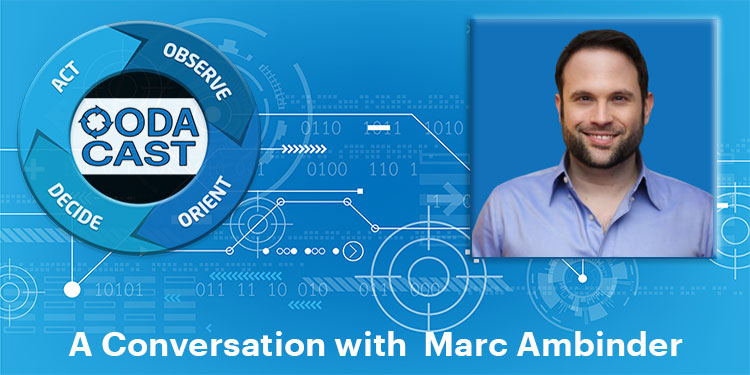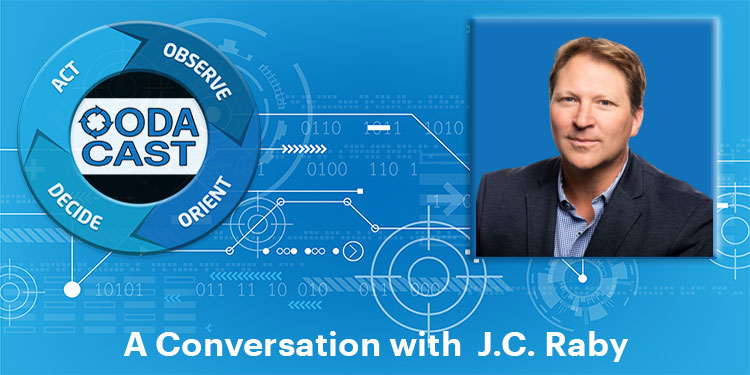Start your day with intelligence. Get The OODA Daily Pulse.
Start your day with intelligence. Get The OODA Daily Pulse.
Exponential innovation is causing exponential disruption
Exponential innovation is causing exponential disruption
Exponential innovation is causing exponential disruption
FIVE YEARS AFTER the attacks of September 11, 2001, we face many threats at home and abroad, yet our response has been mostly superficial and expedient. One is left to wonder: Are we serious about winning this fight? So begins my latest piece at The Daily Standard. As one friend jokingly put it, “so this…
ABC’s upcoming five-hour docudrama “The Path to 9/11” is quickly becoming a political cause célèbre. […] After a screening of the first episode in Washington last week, some audience members attacked the film’s depiction of the Clinton administration’s pursuit of Osama bin Laden. Among those unhappy was Richard Ben-Veniste, an attorney and member of the…
A nice analysis of the airborne terror threat then and now by Shane Harris in National Journal. The broad point to take away is the value of defense-in-depth, or layers of security that (hopefully) are designed to catch those bits that fall through the cracks. For you INFOSEC folks this is nothing new, but all…
Listening to snippets of the AG and President about the new CT strategy throughout the day brought to mind three things: The first is that it is nice to see that someone has finally dusted off and started reading all those assessment my colleagues and I wrote about terrorism and the ‘Net not that we were the…
Regrettably, I’ll be a few days late in town for this event, but I’ve already weighed in to some extent. The bottom line is that you can be a competent, serviceable and respected (in some quarters at least) reporter on the national security / intelligence beat and never have to worry about fielding the “aid…
No, not the NSA: The first thing that came out of our mouths when we heard that Google is working on a system that listens to what’s on your TV playing in the background, and then serves you relevant adverts, was “that’s cool, but dangerous”. The idea appeared in Technology Review citing Peter Norvig, director…
More of the NGIC WMD report, courtesy of Politics Central.
If you are a GI Forum member I’ve got a new poll up about the potential for near term attacks in the US. If you’re not a member please consider signing up and joining the fun.
Evan Kohlmann of the CT Blog steps into my wheelhouse: The United States is gradually losing the online war against terrorists. Rather than aggressively pursuing its enemies, the U.S. government has adopted a largely defensive strategy, the centerpiece of which is an electronic Maginot Line that supposedly protects critical infrastructure (for example, the computer systems…
There is a big difference between politicizing intellience and pointing out that there may be precious little intelligence to politicize. Fred certainly has his views, but whatever they may be the fact remains that US intelligence has a hell of a time going after hard targets like Iran. Identifying gaps and – in light of…

Marc Ambinder is a journalist, researcher, historian, author of bestselling books and a teacher/mentor to many. We invited him on the OODAcast to help our community as we continue to look for insights that can drive operational decisions. For 20 years, Marc Ambinder has told true and complex stories about the world, revealed some of its…

We invited Boston Merdian’s co-founder and partner JC Raby on to the OODAcast do discuss his insights into the market today as well as his views on things companies can do to ensure they position themselves for the best possible transaction in the future. We also asked his advice for the strategic investor/buyer of firms…

Carmen Medina served 32 years in senior positions at the Central Intelligence Agency, most of which focused on one of the hardest tasks in the community, that of analysis. Carmen rose to lead the strategic assessments group for the agency, then was deputy director of intelligence, the most senior leadership position for analysis at the…